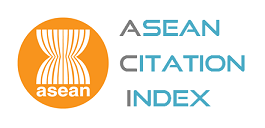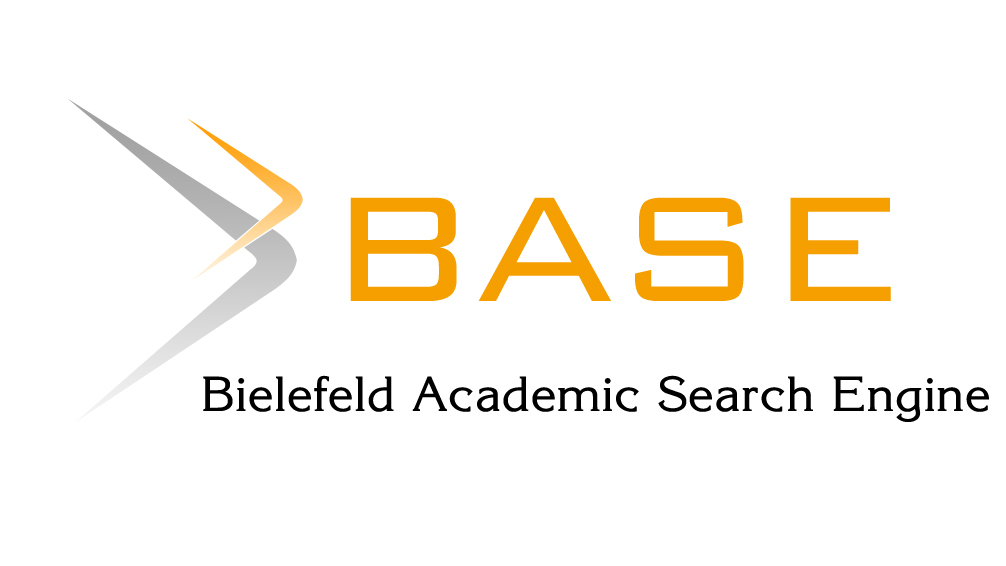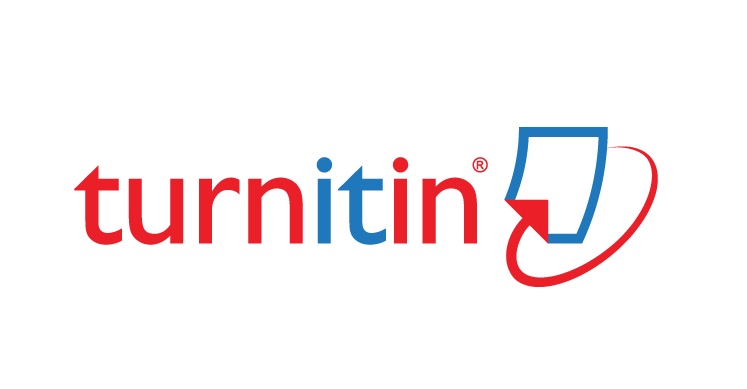STUDENTS’ PERCEPTIONS OF TEACHERS’ FEEDBACK ON THEIR WRITING SKILLS AT TRA VINH UNIVERSITY, VIETNAM
Abstract
In the context of language learning, students’ perceptions of teachers’ feedback on their writing skills play a crucial role in their overall development. Understanding how students perceive and apply feedback can provide valuable insights into effective teaching strategies and help educators tailor their approach to better support students’ learning. This study aims to explore various ways in which students perceive feedback from teachers on their writing skills, with a focus on the importance of feedback and students’ preferences for types of feedback. A 5-point Likert scale questionnaire and descriptive technique will be used to gather and analyze data on students’ perceptions of feedback. The findings show that
students realize how feedback from teachers plays a part in their writing assignments since it can help them enhance their writing performance. When instructors give students feedback, especially direct feedback and written notes to help
them make fewer mistakes, they are tremendously satisfied. Indirect feedback is believed to be a useful technique. The findings help teachers understand more about how students perceive feedback on their writing skills, enabling teachers
to tailor their teaching methodology in teaching practices to suit their students’ needs. As a result, students can improve their writing performance as well as their academic achievement.
Downloads
References
Procedia - Social Behaviour Science. 2015;199: 172–
177.https://doi.org/10.1016/j.sbspro.2015.07.5022.
[2] Hyland K, Hyland F. Feedback on
second language students’ writing. Language Teaching. 2006;39(2): 83–101.
https://doi.org/10.1017/S0261444806003399.
[3] Ramaprasad A. On the definition of feedback.
Behaviour Science. 1983;28(1): 4–13.
https://doi.org/10.1002/bs.3830280103.
[4] Hattie J, Timperley H. The power of feedback. Review
of Educational Resource. 2007;77(1): 81–112.
[5] Gielen S, Peeters E, Dochy F, Onghena
P, Struyven K. Improving the effectiveness
of peer feedback for learning. Learning
and Instruction. 2010;20(4): 304–315.
https://doi.org/10.1016/j.learninstruc.2009.08.007.
[6] Carless D, Salter D, Yang M, Lam J. Developing
sustainable feedback practices. Studies in
Higher Education. 2011;36(4): 395–407.
https://doi.org/10.1080/03075071003642449.
[7] Price M, Handley K, Millar J, O’Donovan
B. Feedback: all that effort, but what is
the effect? Assessment and Evaluation in
Higher Education. 2010;35(3): 277–289.
https://doi.org/10.1080/02602930903541007.
[8] Havnes A, Smith K, Dysthe O, Ludvigsen K. Formative assessment and feedback: Making learning visible. Studies in Educational Evaluation. 2012;38(1):
21–27. https://doi.org/10.1016/j.stueduc.2012.04.001.
[9] Black P, Wiliam D. Developing the theory of
formative assessment. Education Assessment,
Evaluation Account. 2009;21(1): 5–31.
https://doi.org/10.1007/s11092-008-9068-5.
[10] Sadler DR. Opening up feedback: Teaching learners
to see. Reconceptualizing feedback in higher education. Routledge; 2013. p.54-63.
[11] Gamlem SM, Smith K. Student perceptions of classroom feedback. Assessment in Education: Principles, Policy & Practice. 2013;20(2): 150–169.
https://doi.org/10.1080/0969594X.2012.749212.
[12] Rezazadeh S, Ashrafi S, Foozunfar M. The effects
of oral, written feedback types on EFL learners’
written accuracy: The relevance of learners’
perceptions. Second National Conference on
English Language Studies: Applied Linguistics
Perspectives on EFL. 29–30 April 2018; Tabriz,
Iran: Azarbaijan Shahid Madani University. Tabriz,
Iran: Azarbaijan Shahid Madani University; 2018.
https://www.researchgate.net/profile/Saleh-Ashrafi-
3/publication/323943822_The_Effects_of_Oral_
Written_Feedback_Types_on_EFL_Learners’_Written
_Accuracy_The_Relevance_of_Learners’_Perceptions
/links/5aecbba70f7e9b01d3e1660a/The-Effects-ofOral-Written-Feedback-Types-on-EFL-LearnersWritten-Accuracy-The-Relevance-of-LearnersPerceptions [Accessed 25th May 2023].
[13] Brookhart SM. How to give effective feedback to your
students. Alexandria, VA: Association for Supervision
and Curriculum Development (ASCD); 2017.
[14] Hadzic S. Oral and written teacher feedback in an
English as a foreign language classroom in Sweden.
Bachelor’s thesis. Sweden: Linnaeus University; 2016
http://urn.kb.se/resolve?urn=urn:nbn:se:kau:diva-
5004 [Accessed 25th May 2023].
[15] Ellis R. Corrective feedback and teacher
development. L2 Journal. 2009;1(1): 3–18.
https://doi.org/10.5070/L2.V1I1.9054.
[16] Weigle SC. Assessing writing. Cambridge: Cambridge
University Press; 2002.
[17] Hyland K, Hyland F. Contexts and issues in feedback
on L2 writing. In: Hyland K, Hyland F (eds.). Feedback in second language writing: Contexts and issues.
2nd ed. United Kindom: Cambridge University Press;
2019.
[18] Nematzadeh F, Siahpoosh H. The effect of teacher
direct and indirect feedback on Iranian intermediate
EFL learners’ written performance. Journal of Applied Linguistics and Language Learning. 2017;3(5):
110–116. https://doi.org/10.5923/j.jalll.20170305.02.
[19] Black P, Wiliam D. Assessment and
classroom learning. Assessment in Education:
Principles, Policy & Practice. 1998;5(1): 7–74.
https://doi.org/10.1080/0969595980050102.
[20] Shute VJ. Focus on formative feedback. Review
of Educational Research. 2008;78(1): 153–189.
https://doi.org/10.3102/0034654307313795.
[21] Hattie J, Gan M. Instruction based on feedback.
In: Mayer RE, Alexander PA (eds.). Handbook of
research on learning and instruction. New York:
Routledge; 2011.
[22] Perrenoud P. From formative evaluation to a controlled regulation of learning processes. Towards a
wider conceptual field. Assessment in Education:
Principles, Policy & Practice. 1998;5(1): 85–102.
https://doi.org/10.1080/0969595980050105.
[23] Lizzio A, Wilson K. Feedback on assessment:
Students’ perceptions of quality and
effectiveness. Assessment & Evaluation in
Higher Education. 2008;33(3): 263–275.
https://doi.org/10.1080/02602930701292548.
[24] Hanh LM. The role of corrective feedback in Vietnamese high school students’ writing. Ho Chi Minh
City Open University Journal of Science – Social
Sciences. 2013;3(1): 61–69.
[25] Pearson WS. Written corrective feedback in IELTS
Writing Task 2: Teachers’ priorities, practices, and
beliefs. TESL-EJ. 2018;21(4): 1–32.
[26] Mahfoodh OH, Pandian A. A qualitative case
study of EFL students’ affective reactions to
and perceptions of their teachers’ written feedback. English Language Teaching. 2011;4(3): 14–25.
https://doi.org/10.5539/elt.v4n3p14.
[27] Hyland K. Second language writing. 2nd ed. Cambridge, United Kingdom: Cambridge University
Press; 2019.
[28] Ferris DR. Response to student writing: Implications
for second language students. New York: Routledge;
2003. https://doi.org/10.4324/9781410607201.









